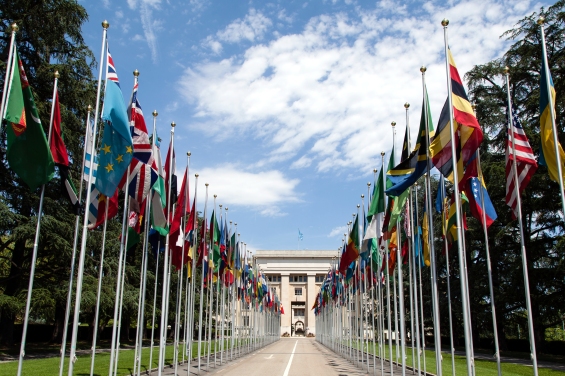Rhys Muzzupappa
Day 1
I arrived for my first day at the WCIA in the temple of Peace and Health in Cardiff, and after a brief Health and Safety introduction I was educated in what The WCIA does and the various projects under its control. As a keen debater and having attended numerous Model UNs, I already knew about the debating side of the WCIA through CEWC. I was particularly interested in Hub Cymru Africa – a new project that was launched in the Millennium Stadium on Tuesday (23/06). This organisation is funded by the Welsh Government and gives out grants to support organisations in Wales with partnership projects with Africa. I helped prepare welcome packs for the event which was interesting as I discovered more about the large Sub Saharan diaspora that is in Wales.
While not helping out I started researching and writing a blog. I will be doing mine on why I believe 16/17 year old should have the right to vote in the European elections. During this research I found out how leaving the EU would affect the youngest generation the most, and because of this we should have a say in what happens. I also found out that countries like Brazil and Austria allow 16 year olds to vote. The most interesting thing I found out about is that by giving the Vote to 16/17 year olds in the Scottish referendum 75% of them voted compared to only 54% of 18-24 year olds.
It was an interesting first day!
Day 2
On day two I helped finalize organisation for the CEWC evening of debating that will happen on the 16th of July £5 for adults and £4 for concessions. To help organise this I was charged with phoning up a list of Welsh schools to try and confirm if they were planning on attending. This session was interesting and useful especially as it gave me proof of communication skills. I also helped translate posters for the event. This was useful as it gave me a chance to use my welsh language skills
In the afternoon I carried on writing my blog about votes for 16/17 year olds during this time I started to work at the main substance of my blog. I found it interesting that most of the arguments for allowing 16/17 year olds where clichés “if you can join the army you should be able to vote” although I found some of these arguments valid I wanted to look more specifically towards why we should be able to have a choice if our country leaves the EU.
Day 3
Day three was the least eventful so far at the WCIA. Today I had time to finish my blog, which I finally did and redrafted it.
I also did a lot of research into the MP’s in Wales and identified what areas would be relevant to WCIA advocacy. To do this I made a poster of all 40 of the Welsh MP’s and then listed their interests and if they were on any committees. This was interesting especially as I discovered some information about my local MP and her speaking and voting average in parliament, all of which were above average.
Day 4
On Day 4 I had an interesting day researching news stories to post on the WCIA Twitter and Facebook. To do this I looked through a lot of news websites like the BBC and the Guardian. While doing this I found a lot of interesting news stories and in the end I chose 4 that I thought would be interesting to post.
The first news story was about David Milliband, Head of the International Rescue Committee who said that the world’s aid programmes are heroic but inadequate where they are most needed. This I thought was an interesting story especially due to the current problems in the Mediterranean. The only problem was that for twitter this needed to be 140 characters long and with an incredibly long link to the full story this was a challenge.
I also looked into the high number of journalists being put in prison in Egypt, a bomb threat by some democracy campaigners in Hong Kong, and Burma still allowing a military veto. After this I learnt how to tweet these on a delayed link so that all the stories don’t come out at the same time.
Again this has been another interesting day, it will be my last day tomorrow and I am already sad that I have to leave, it is surprising how fast a week goes!
Day 5
Today was my final day at the WCIA and I was sad to be leaving. Over the past week I had gained a lot of experiences and learned a lot of new skills.
On my last day I finished re drafting my Blog. I also did research into different select committees to help with the WCIA advocacy side. By doing this I found a much better understanding of how the assembly works.
To sum up I had a great week doing work experience at the WCIA. I would recommend going to anybody with an interest in international relations. I also got to improve a number of skills that employees look for including communication. I also got to help on the social media side.
I would like to thank everybody at WCIA for putting up with me for a week.


.jpg) André Saramago is a PhD candidate at Aberystwyth University with a particular interest in Critical Theory.
André Saramago is a PhD candidate at Aberystwyth University with a particular interest in Critical Theory.